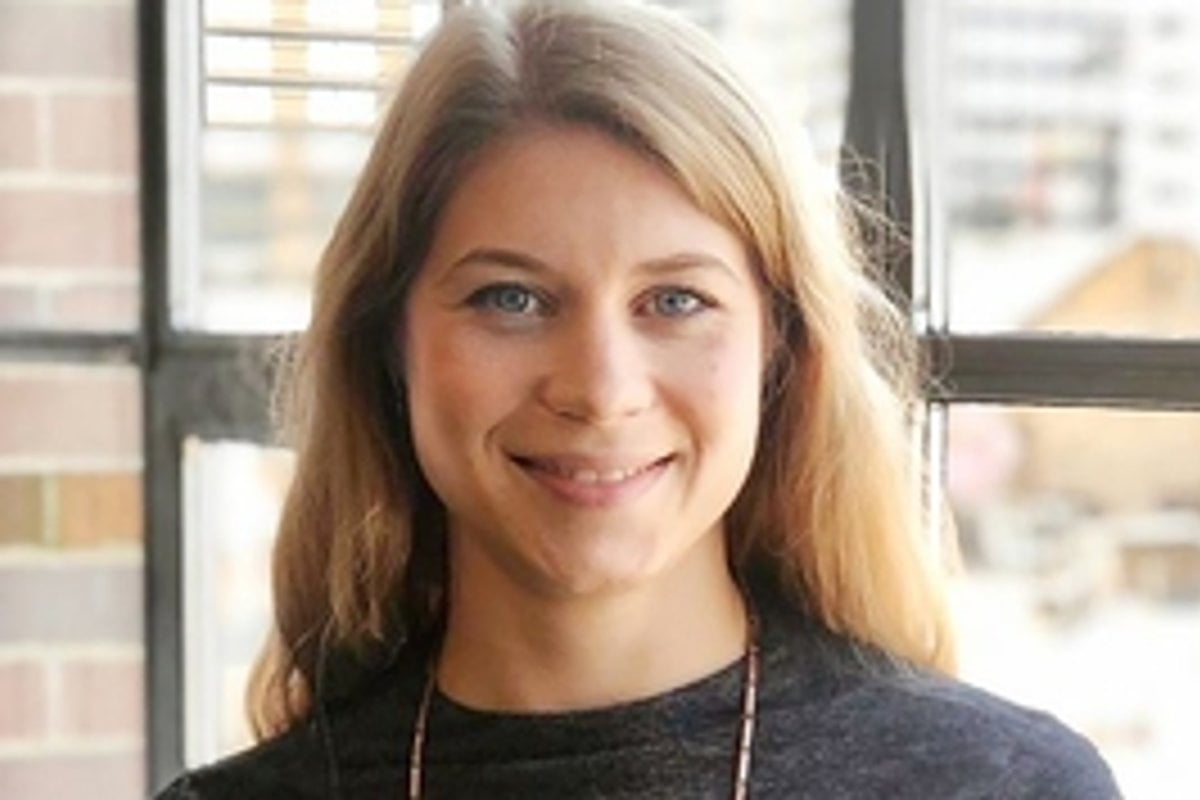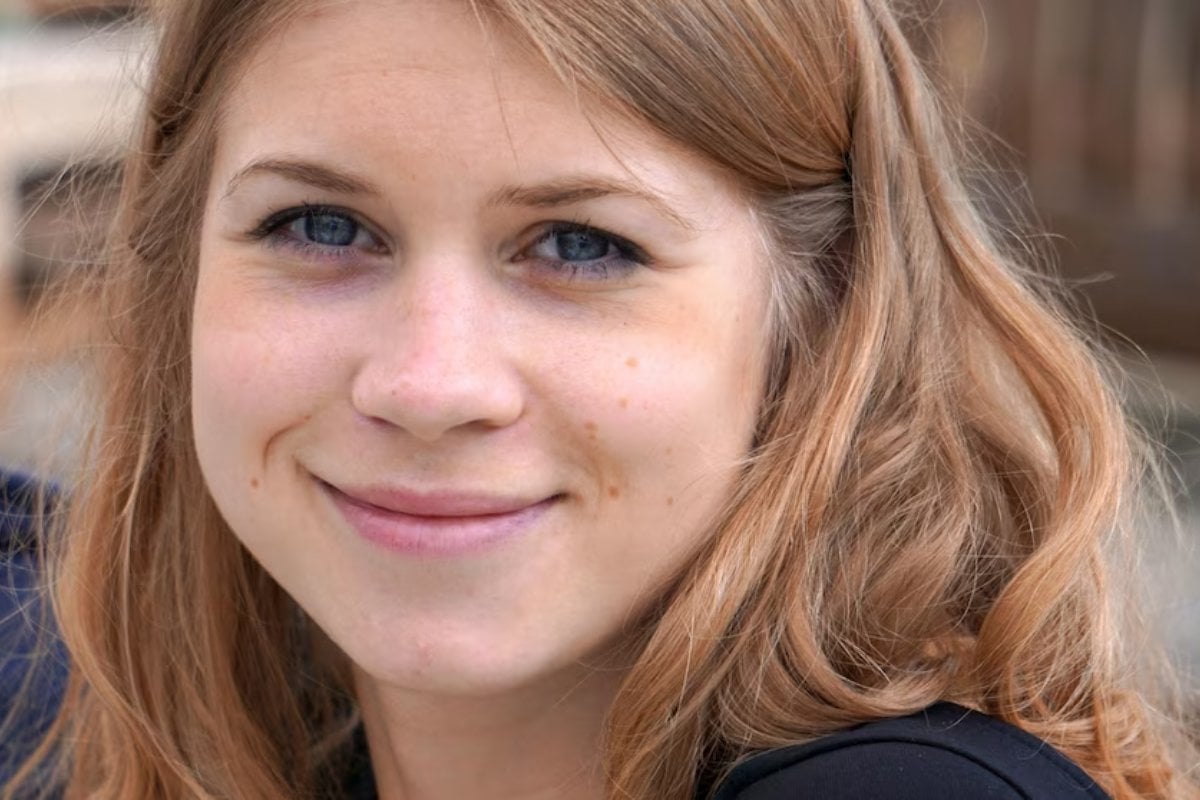
On Wednesday, March 3, 2021, British woman Sarah Everard was just trying to walk home.
She'd left a friend's apartment in London's Clapham, and called her partner as she walked the 5km towards home in the nearby suburb of Brixton. She hung up at 9:28pm.
Wayne Couzens, then an off-duty officer in London's Metropolitan Police Service, abducted, raped and murdered the 33-year-old that night.
Couzens tricked Everard into thinking he could arrest her for breaking COVID-19 lockdown rules. He told her he had a warrant card proving he was an officer, handcuffed her and put her in his car.
To a witness in a passing vehicle, it looked like an arrest by an undercover officer.
Everard's family believe she never would have got in Couzens' car if he hadn't pretended to be a plain clothes officer, using his knowledge of policing to falsely arrest her.
Couzens was sentenced to life without parole for Everard's murder and later convicted of three separate indecent exposure incidents, and pleaded guilty to a fourth left on file, which took place while he was in the police force but before the murder.
Four years on, Sarah's mother, Susan Everard, has spoken about how she is "still tormented" by the horror of her daughter's final moments before she was killed.
Watch: Investigators speak about the case and its impact. Post continues below.































































































